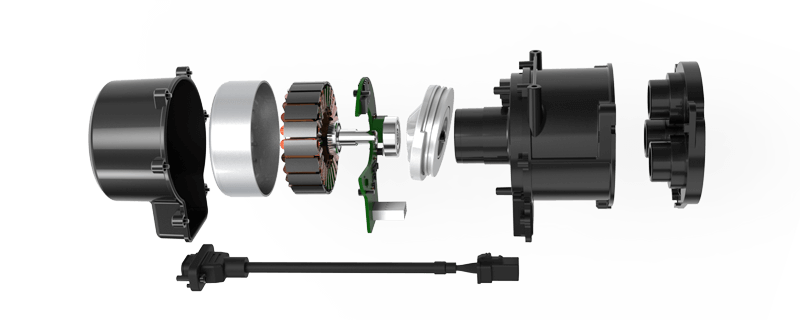Hey, ever wondered how smaller, nimble systems can operate seamlessly in today’s fast-paced digital world? That’s where microservices come in—little modules that talk to each other but live independently, making everything smoother and more flexible. And if you’re looking to build these with Node.js, you’re on a smart path. It's like assembling a squad of tiny, mighty warriors—each with its own skill set, yet working together efficiently.

Node.js isn’t just a tech trend; it’s a real game-changer for microservices. Its event-driven, non-blocking I/O model makes handling multiple processes at once feel like a walk in the park. Honestly, that’s a big deal when you’re trying to serve hundreds or thousands of requests at the same time without breaking a sweat. Think about small startups that need rapid updates or expanding enterprises juggling numerous features—that’s where Node.js really shines.
Building microservices isn’t just about dividing up tasks. It’s about designing a system that scales instantly when demand spikes and stays resilient when something goes wrong. Using Node.js, you can write lightweight, fast modules—think of them as speedy little engines—that connect via APIs with minimal fuss. The key? Keeping things simple yet powerful. You don’t want a system that’s so tangled it’s impossible to fix. Instead, each microservice can evolve independently, so updating or debugging parts doesn’t bring everything down.
Have you noticed how monolithic applications tend to turn into big beasts? Deploying those can be slow, risks are higher, and fixing bugs often feels like pulling teeth. With microservices written in Node.js, updates go quicker, downtime shrinks, and you get more control over features. Plus, because Node.js has such a vibrant community, plenty of open-source tools and libraries are ready to boost your development. That means less reinventing the wheel and more focusing on what makes your project stand out.
Sure, some might ask: “Isn’t microservices complicated to manage?” But the truth is, with the right architecture, it’s about smart planning. Choosing Node.js can help keep that complexity manageable—lightweight services that communicate through JSON, containerized for easy deployment, and built with clear boundaries. It’s like orchestrating a jazz band where everyone knows their part but still contributes to a cheerful, coherent tune.
In the end, it’s not just about coding. It’s about creating solutions that are adaptable, scalable, and ready for whatever’s next. That’s why developing microservices with Node.js isn’t just a good idea; it’s a move toward future-proofing your tech stack. No matter if you're expanding your business or just looking to streamline your infrastructure, choosing this combo gives you the agility and control you need.
Established in 2005, Kpower has been dedicated to a professional compact motion unit manufacturer, headquartered in Dongguan, Guangdong Province, China. Leveraging innovations in modular drive technology, Kpower integrates high-performance motors, precision reducers, and multi-protocol control systems to provide efficient and customized smart drive system solutions. Kpower has delivered professional drive system solutions to over 500 enterprise clients globally with products covering various fields such as Smart Home Systems, Automatic Electronics, Robotics, Precision Agriculture, Drones, and Industrial Automation.




































